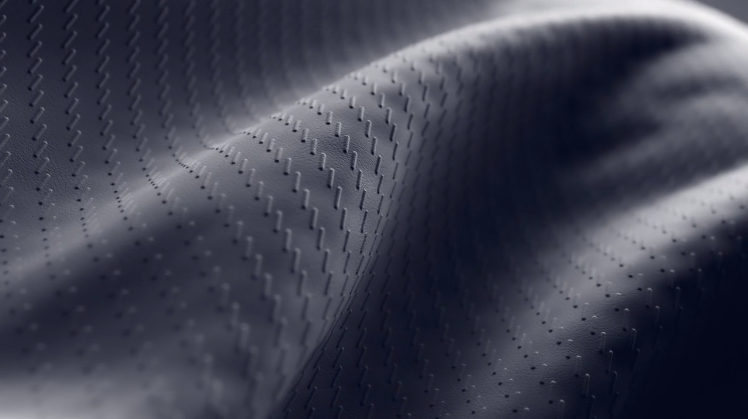
Modern Meadow, a New Jersey-based multidisciplinary startup, has combined design, biology and material science to develop a biofabricated leather material called Zoa.
“We seek to transform the material world by unlocking the power of nature to inspire design for a healthier planet,” said Modern Meadow in a statement. “Everything we do is rooted in human ingenuity’s ability to make tomorrow better than today.”
Tweaking the cells of yeast at the DNA level to produce the required proteins, fermentation is used to multiply the cells into millions of collagen proteins that Modern Meadow uses as the building blocks for Zoa. The collagen protein is then purified, pressed into sheets and tanned to create a material that is biologically identical to animal leather. The entire process of creating Zoa is said to take two weeks.
The density, texture, shape and size of Zoa can be fully customized for the desired element.
It is also produced more sustainably and efficiently than its animal-based counterpart, which is in keeping with Modern Meadow’s commitment of “Create Don’t Destroy”.
“Importantly, in the long run, we do not look to replace traditional leather,” said co-founder & CEO Andras Forgacs. “Rather, we are looking to create an entirely new range of materials that sit alongside traditional leather, with their own unique properties.”
To learn more about Zoa, click the link below.
To learn more about Modern Meadow, click the link below.





